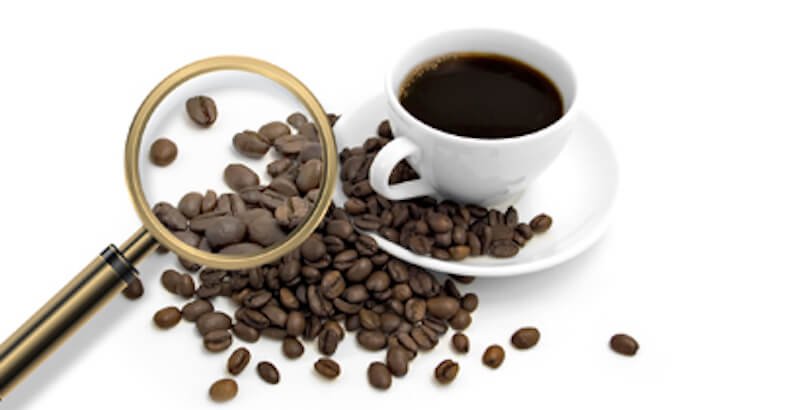In what’s got to be the dumbest idea yet from the nanny state of California (sorry, guys, but it’s true), coffee sold in the state may need to be labeled as a carcinogen. The science is beyond feeble. You’d need to drink 2,000 cups of coffee a day to get to the level that caused cancer in mice.
…
A recent article in the Annual Review of Nutrition described a meta-analysis of 127 studies of the effects of coffee on human health.
…
[T]he meta-analysis found probable evidence that drinking coffee is associated with:A decreased risk of many common cancers–including breast, colorectal, colon, endometrial and prostate–with a 2 to 20 percent reduction in risk, depending on the cancer type.
…
It turns out that coffee contains natural antioxidants, which are molecules that reduce the free radicals that damage your cells and cause you to age. Coffee also repairs your DNA, thus making your cells less likely to become cancerous.
Coffee is also a natural anti-inflammatory drug which calms your body so that you don’t overreact to stress. Finally, coffee improves the efficiency of enzymes that regulate insulin and glucose metabolism, thereby fending off Parkinson’s and Type 2 diabetes.
Far from the carcinogen that some California crazies seem to believe it to be, coffee is about as close as we have to a wonder drug.
Read full, original post: After Analyzing 127 Studies, Scientists Prove Coffee Is Good for Everyone but 1 Select Group































